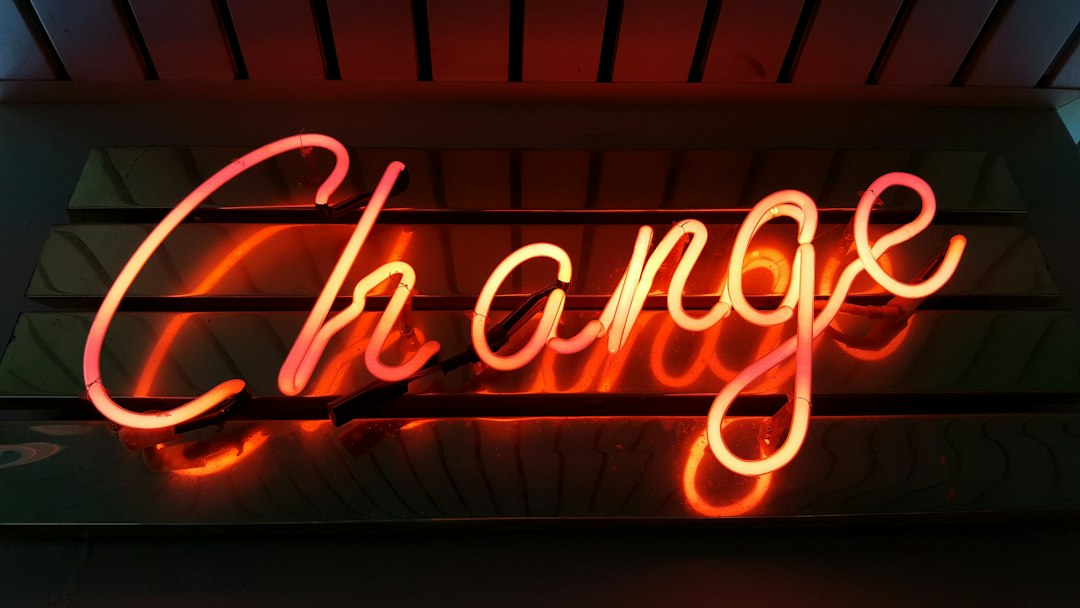What is it about?
This article analyzes the construction and circulation of historical memories of the Coro slave rebellion in Venezuela between 1795-2014. We show how historical interpreters have inscribed divergent representations of this rebellion in documents, landscapes, historiographies, monuments, and music. We argue that historical memories of this movement have served to mobilize political identities at different times and to imagine regional genealogies of struggle against imperialism and political oppression.
Featured Image
Why is it important?
This article explores 200 years of production and reproduction of collective and memories of a slave rebellion, it integrates diverse media for remembering: colonial documents, landscapes, historiographies, images, monuments, political discourses, and music. Following studies on the politics of memory, this article integrates historical and ethnographic approaches to explore how “historical interpreters” have reshaped memories through diverse modalities of representation and mnemonic practices.
Read the Original
This page is a summary of: Remembering the Slave Rebellion of Coro: Historical Memory and Politics in Venezuela, Ethnohistory, April 2016, Duke University Press,
DOI: 10.1215/00141801-3455331.
You can read the full text:
Contributors
The following have contributed to this page










